20 Jan 2026
World leading researchers headline digital seminar on February 5
Don’t miss the chance to hear from two internationally renowned researchers in an upcoming digital seminar on February 5, 2026, from 3-4 pm CET.
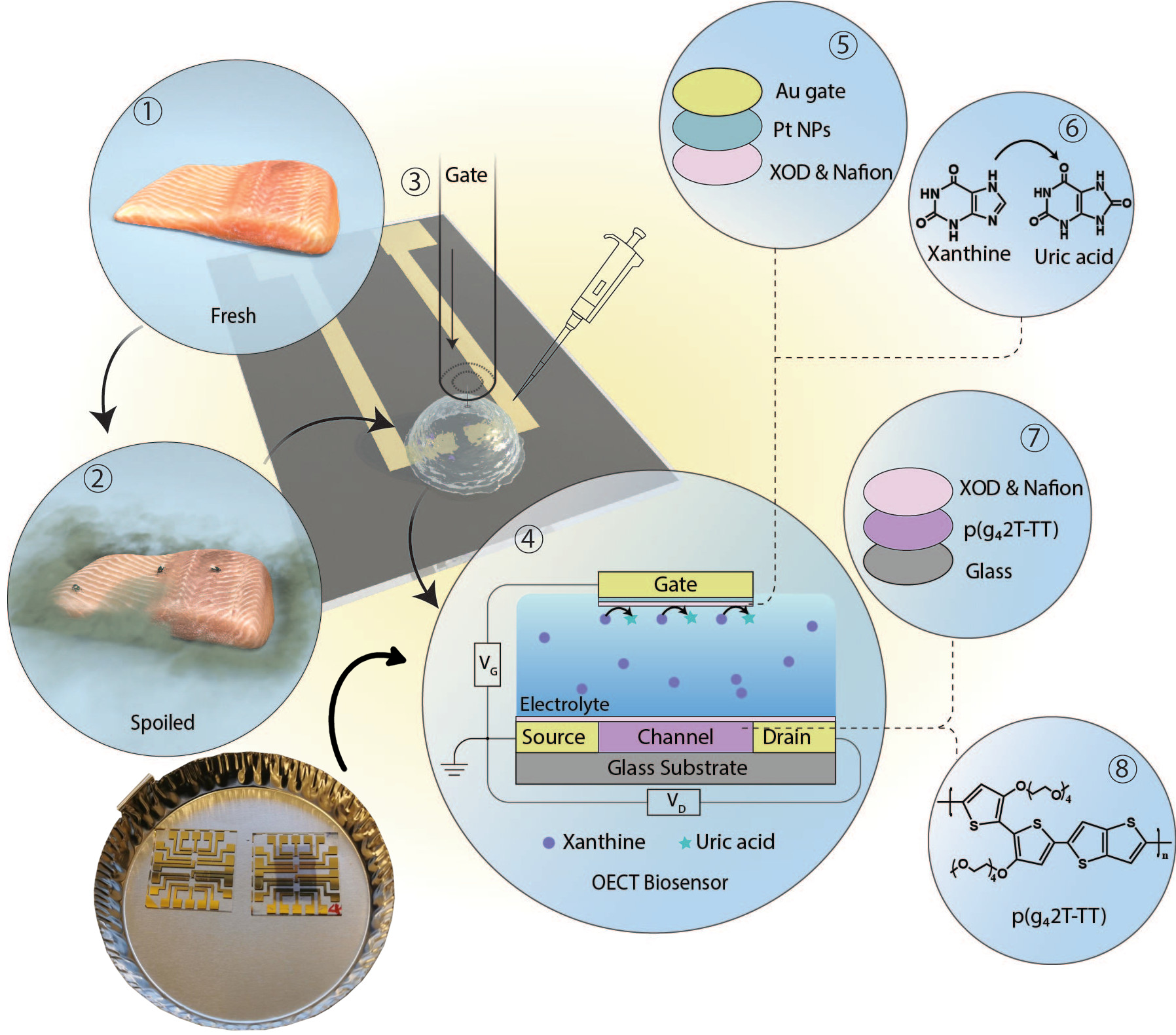
11 Dec 2024
The UN Sustainable Development Goal (SDG) 12 promotes sustainable consumption and production. “Our developed OECT-based biosensor is designed to monitor the freshness of meat and fish contributing to pave the way for smarter, more reliable food quality checks”, says Yunfan Lin, WISE PhD student at KTH.
Illustration adapted from the original publication in Biosensors and Bioelectronics
A recent study published in Biosensors and Bioelectronics highlights a major advancement in this field. A team of researchers including Yunfan Lin, a WISE PhD student at KTH Royal Institute of Technology, WISE researchers Associate Professor Renee Kroon from Linköping University, Professor Anna Herland from KTH, and WISE Fellow Associate Professor Erica Zeglio from Stockholm University developed an innovative organic electrochemical transistor (OECT)-based xanthine biosensor. The biosensor uses a p-type polymer as its channel material to detect xanthine, a compound generated during the breakdown of adenosine triphosphate (ATP). Xanthine accumulation is a critical indicator of spoilage in post-mortem fish, shellfish, and meat. By detecting these changes, the biosensor helps consumers and retailers identify food freshness, reducing unnecessary waste.
OECTs are an emerging electronic device consisting of three terminals: source, drain, and gate (see illustration). Compared to traditional electrochemical biosensors, OECTs offer ease of processing and intrinsic amplification at small operating voltages, providing high sensitivity. Additionally, no reference electrode is needed for the measurement, which enables compact designs without sacrificing sensitivity. Unlike other types of transistors, the use of conjugated polymers instead of inorganic semiconductors makes OECTs suitable for bio-applications. While OECTs have been explored for detecting pathogens, ions, and vitamins in food, their potential for directly monitoring spoilage indicators like xanthine has remained largely untapped until now.
The OECT biosensor’s performance was rigorously evaluated using xanthine solutions. Tests assessed its detection limit, linearity, and selectivity, showing high sensitivity. Tests on real fish samples revealed increasing concentrations of xanthine and hypoxanthine over 0–6 days at room temperature, demonstrating the sensor’s ability to track spoilage accurately.
– In general, we see that our developed OECT-based biosensor shows high sensitivity superior to traditional potentiometric and amperometric sensors. However, the main limitation is the short-term stability of the biosensor, making it more suitable as a disposable sensing system rather than long-term monitoring device, explains Yunfan Lin.
This innovative sensor is designed to monitor the freshness of meat and fish, paving the way for smarter, more reliable food quality checks.
To learn more about this interesting article entitled P-type accumulation mode organic electrochemical transistor biosensor for xanthine detection, follow this link https://www.sciencedirect.com/science/article/pii/S0956566324009357
Learn more about Associate Professor Renee Kroon’s research at WISE: https://wise-materials.org/project/design-rationale-of-conjugated-polymers-catalyst-coatings-for-electrochemical-production-of-hydrogen-peroxide/
Learn more about Professor Anna Herland’s research at WISE: https://wise-materials.org/project/biodegradable-organic-semiconductors-for-zero-waste-electronic-sensors/
Learn more about WISE Fellow, Associate Professor Erica Zeglio: https://wise-materials.org/fellow/erica-zeglio-2/

20 Jan 2026
Don’t miss the chance to hear from two internationally renowned researchers in an upcoming digital seminar on February 5, 2026, from 3-4 pm CET.

16 Jan 2026
WISE is preparing its 3rd Academic Project Call (WISE-ap3) to fund PhD and postdoc research advancing sustainable, eco-friendly materials and manufacturing processes.
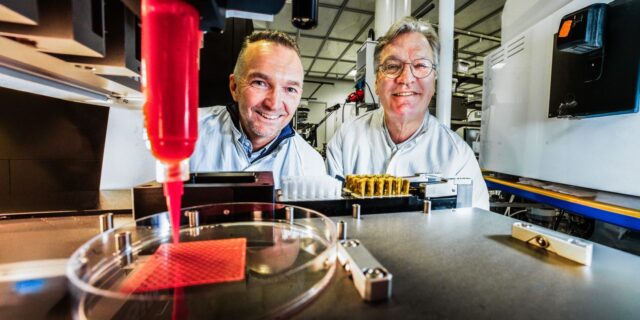
22 Dec 2025
“Sustainability is at the center of everything we do. Our research focuses on some of the greatest challenges of our time – such as how we extract raw materials, use energy, deal with emissions and reduce waste.”
Photo credit: Thor Balkhed, Linköping University
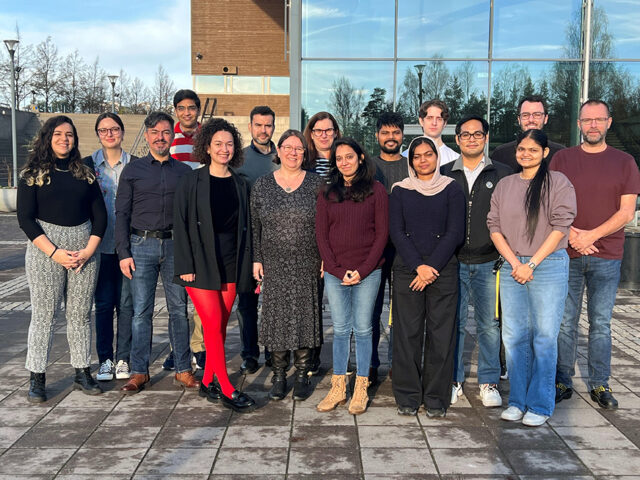
16 Dec 2025
Research on organic solar cells at Karlstad University is advancing with support from WISE.

15 Dec 2025
On February 2, 2026, WASP and WISE will launch a joint call for proposals for five-year NEST projects.
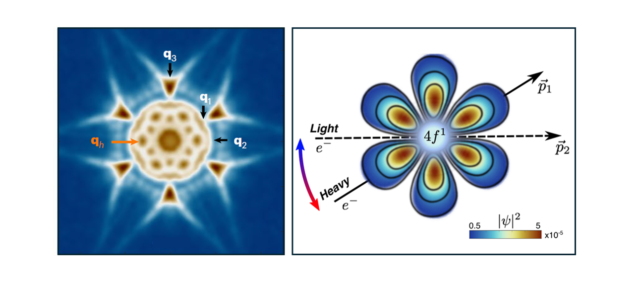
11 Dec 2025
“Ce-based systems continues to surprise us in their unique physical and chemical properties, and the current discovery certainly should be placed under WISE thematic area Discovery, with hope to become a key ingredient in applications for sustainability”, says Prof. Eriksson from Uppsala University and WISE co-director.

5 Dec 2025
“For us it is important to work with sustainable materials and make sure that we manufacture them employing low-energy processes. We think from the beginning what elements we are going to use -their availability, price, recycling possibilities, etc.”, says Professor Thelakkat.
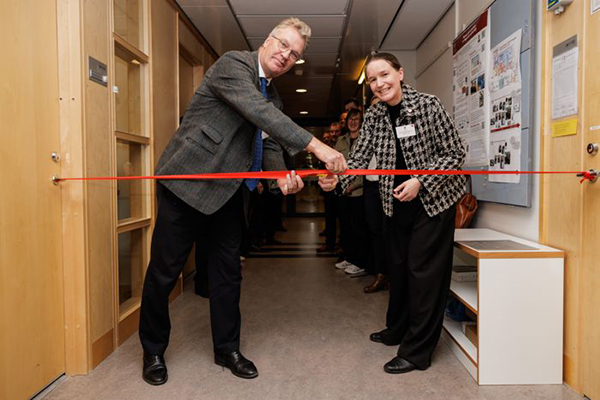
28 Nov 2025
The Uppsala node of the WISE Additive Research and Technology Platform (RTP) was officially inaugurated this week, marking a significant step in strengthening Sweden’s national research capacity in additive manufacturing.
Picture credit: Tobias Sterner, Bildbyrån
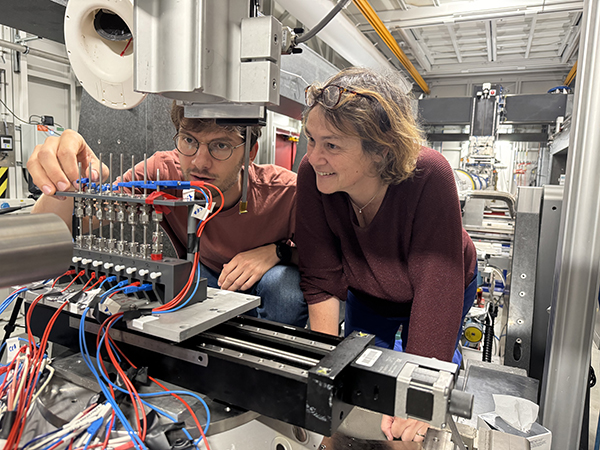
25 Nov 2025
Energy storage is one of the great scientific challenges of our time. To move toward a more sustainable society, we need batteries that are not only efficient but also environmentally responsible.
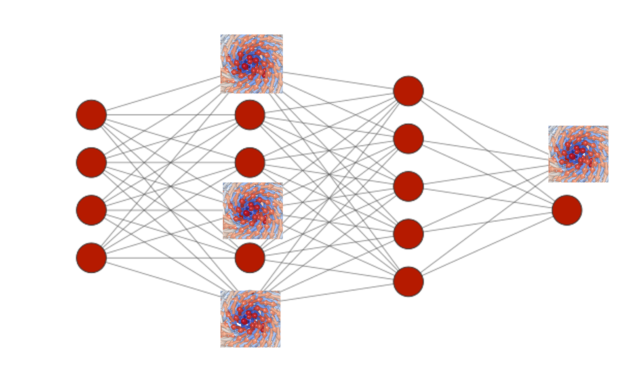
20 Nov 2025
Join us for the 7th Machine Learning Meets Materials Science Seminar, part of the WASP–WISE initiative! Mark your calendars: November 26 at 10:00!

17 Nov 2025
Uppsala University’s WISE Symposium series will spotlight cutting-edge sustainability research on November 26, 2025, with a webinar dedicated to the environmental aspects of additive manufacturing.

12 Nov 2025
On December 4, 2025, from 15:00 to 16:00, Uppsala University will host a WISE Guest Professor Lecture featuring Professor Julie Beth Zimmerman and Dr. Sandrine Lyonnard, both WISE Guest Professors at the university.

11 Nov 2025
“This talk explores the emerging frontier of biotechnology in enabling greener battery technologies, specifically through biohydrometallurgy and bio-based materials, ” says Prof. Srinivasan Nanyang from the Technological University (NTU), Singapore.
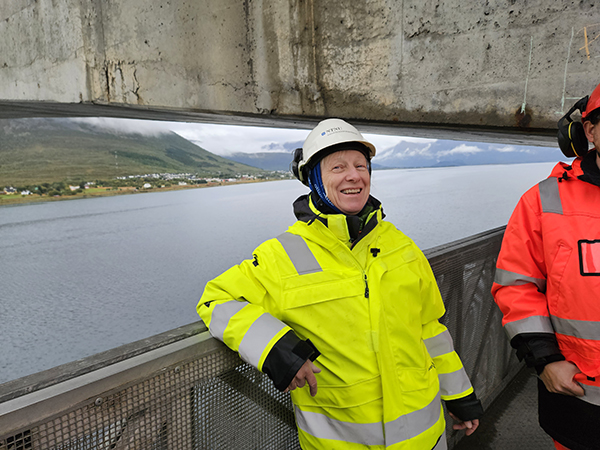
10 Nov 2025
As part of WISE’s Guest Professor (GP) program — one of our key initiatives to foster international collaboration and enrich student learning — we are delighted to welcome Professor Mette Rica Geiker from the Norwegian University of Science and Technology (NTNU) to Chalmers University of Technology.
Picture by Ann-Marie Thoresen at Statens Vegvesen
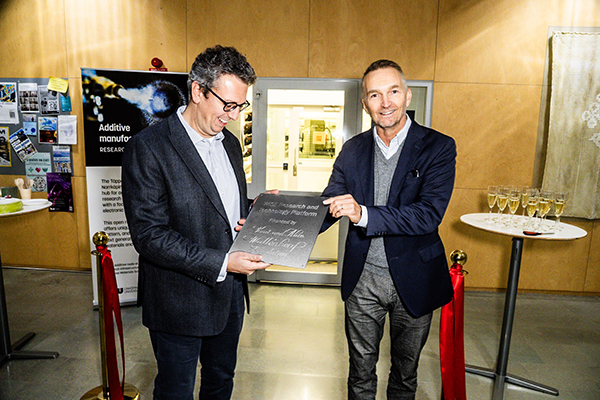
6 Nov 2025
The inauguration of the WISE Additive node at Linköping University (LiU) took place this week, marking an important milestone in the development of Sweden’s research infrastructure for additive manufacturing and soft electronics for sustainability.
Picture by Thor Balkhed, Linköping University
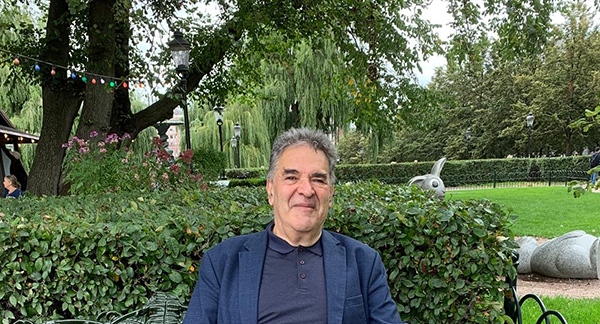
3 Nov 2025
The Guest Professor (GP) program is one of WISE’s recruitment and outreach activities, designed to foster international research collaborations and support the development of our students.

27 Oct 2025
The Wallenberg Centre for Quantum Technology (WACQT) and the Wallenberg Initiative Materials Science for Sustainability (WISE) have launched a new call for proposals — now open for applications!

23 Oct 2025
“Our society is increasingly dependent on technology. Take smartphones, for example: our entire lives are stored in them. Yet most of us are unaware of how energy-intensive their production processes are, how toxic or scarce some of the materials used in these devices can be, or how poorly many technologies are designed for recycling”, says WISE Guest Professor Federico Rosei at LTU.

22 Oct 2025
The Wallenberg Initiative Materials Science for Sustainability (WISE) seeks a Director of Sustainability to lead and develop the initiative’s strategic sustainability efforts.

20 Oct 2025
“I think it is important to observe and learn from nature. Nature does not waste. What one organism discards, another uses as energy. The key question for us is how we can minimize and reuse our own waste, how we can create more with less”, says WISE Guest Professor Alexander Bismarck from University of Vienna.

16 Oct 2025
We’re thrilled to kick off the WACQT-WISE Pilot Call 2025 with an inspiring webinar.
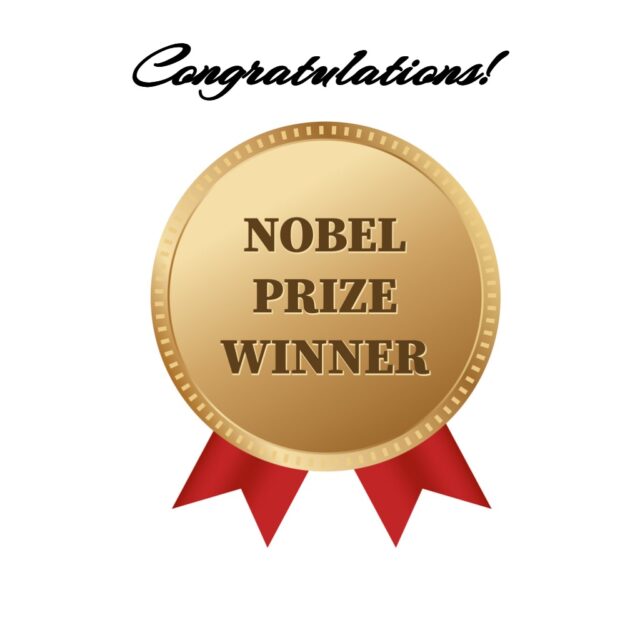
14 Oct 2025
—Quantum phenomena and materials science have once again demonstrated unique phenomena with the potential to benefit society, says Professor Olle Eriksson at Uppsala University, WISE Co-Director and Chair of the Nobel Committee for Physics.
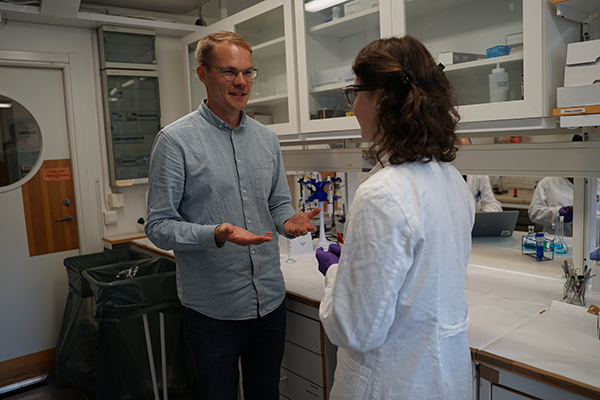
9 Oct 2025
In a world increasingly powered by lithium-ion batteries—from smartphones to electric vehicles—the race is on to find cleaner, smarter ways to recover this critical metal.
Photo taken by Retain.
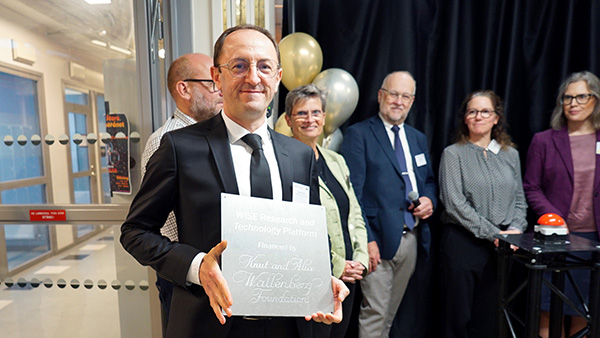
3 Oct 2025
On 2 October 2025, Chalmers University of Technology officially inaugurated its new additive manufacturing infrastructure: AM@Chalmers and the Chalmers WISE Additive node.

3 Oct 2025
The Wallenberg Centre for Quantum Technology (WACQT) and the Wallenberg Initiative Materials Science for Sustainability (WISE) are launching a new call to spark collaboration at the cutting edge of research.
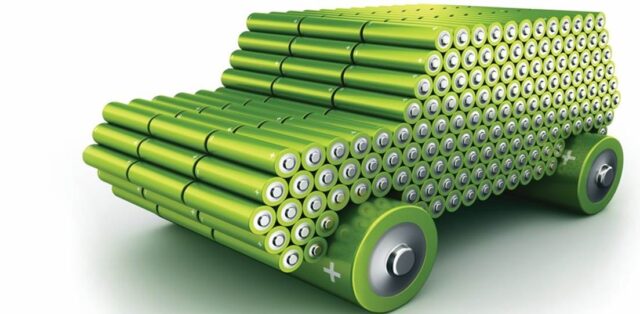
2 Oct 2025
—Imagine a world where vehicles, buildings, and even everyday devices become self-powering, seamlessly merging structure and storage. This is the vision of structural power composites. Structural power composites open the door to a future where every part of a product contributes not only to its form and strength, but also to its function as an energy source, says WISE Guest Professor Madhavi Srinivasan from Nanyang Technological University.
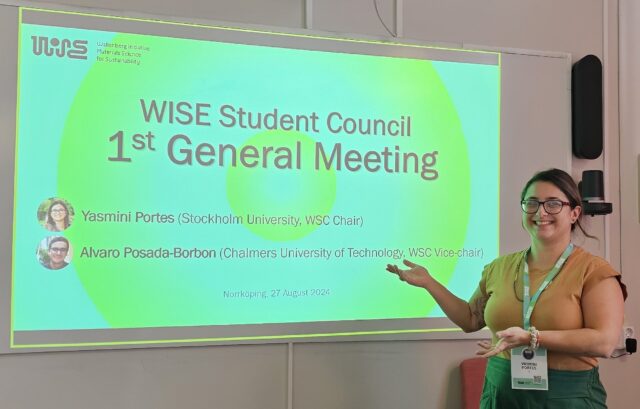
25 Sep 2025
-Our role is to act as a bridge between PhD students, postdocs, and WISE Research School management. We receive questions and concerns both from students and postdocs as well as from the RS management, which we bring to our meetings for discussion, says Yamini Portes, chairperson of the WISE Student Council and PhD student at Stockholm University.

24 Sep 2025
Join us for the 6th Machine Learning Meets Materials Science Seminar, part of the WISE–WASP initiative! Mark your calendars: October 1 at 10:00!

24 Sep 2025
We’re pleased to announce that registration is now open for the AM4Life/WISE Additive Autumn School on the theme “Post-processing in AM and Surface Engineering.”

24 Sep 2025
We are pleased to welcome Professor Johan Hjelm, WISE Guest Professor at Lund University (LU), and Professor Yury Gogotsi, WISE Guest Professor at Linköping University (LiU), for a joint digital event on October 2, 2025, from 15:00 to 16:00.